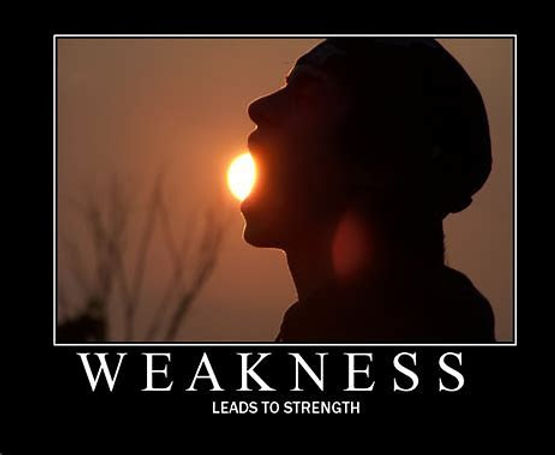In recent times, I had a taste of leadership where I led and directed large teams in challenging circumstances.
Before this and in my professional capacity, I always critically analysed others on their leadership and this time having to implement what I had preached was a surreal experience. This experience not only confirmed many of my perceptions, but it also gave me new insights on real life challenges often ignored by external consultants.
Leadership is a misunderstood concept and there is no size or style that fits all. Circumstances, underlying issues and the character of those that are being led, all together dictate the style of leadership required.
My view has always been that leadership is all and only about achieving organisational objectives and strategy. If this does not happen then there is no leadership, it is just mere representation and title.

A good leader will have an idea, end goal, strategy. This can only come with relevant knowledge and experience. Leadership is about making those that are led, believe in this idea and vision. They all then work together towards that goal. Performance, priority, and consultation is based on this. Firm and difficult decisions are made in this context. Patience and consistency are required from the leader despite the odds and resistance.

Another effective attribute of a leader is identifying own weaknesses and limitations. This again should be in the context of the end goal and vision. Once the weakness is recognised, only then the leader can do something about it. Leaders that fail to recognise their own weakness and its potential in holding back the end goal are not strong leaders no matter how much they pretend they are.
Those that profess that they lead but lack a vision and idea of their own, just enjoy the limelight and respect of the title. Defending their own image becomes a big issue and when they lose the title, it is devastating to them. They are not leaders; they just represent those they lead and merely ride on their success until they can.
Success and downfall of organisations can depend on who leads them. You can have the best team and resources; a bad leader will make a mess out if it. On the other hand, a good leader can make success out of weak teams with little resource.

This is why, for those charged with governance, the biggest test of their ability is on how they choose their leader. When organisations choose leaders based on who best can represent them because of culture, friendship or nepotism rather than who is the best for achieving the end goal, vision and strategy then don’t blame the leader when it all goes to pot. In such organisations, it is often found that issues are not resolved, difficult decision are not taken, risk is not managed, the organisation does not become stronger, goals and strategy are not clear or achieved, staff are not developed and a vacuum is left when the chosen one leaves.








No comment yet, add your voice below!